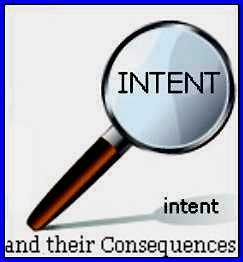Definition of Will Expanded
Under WESA the definition of will is expanded to include the will itself, a testament, a codicil, an appointment by will or writing in the nature of a will in exercise of a power, and under s 58, anything ordered by the Court to cure a deficiency in the will, or any other testamentary disposition.
The definition is:
“will” means
(a) a will,
(b) a testament,
(c) a codicil,
(d) an appointment by will or by writing in the nature of a will in exercise of a power,
(e) anything ordered to be effective as a will under section 58 [court order curing deficiencies], or
(f) any other testamentary disposition except the following: (i) a designation under Part 5 [Benefit Plans];
(ii) a designation of a beneficiary under Part 3 [Life Insurance] or Part 4 [Accident
and Sickness Insurance] of the Insurance Act;
(iii) a testamentary disposition governed specifically by another enactment or
law of British Columbia or of another jurisdiction in or outside Canada;
While it will be the subject of a further blog, it is really s 58 that is one of these most significant changes under the entire legislation.
Section 58 of WESA is essentially a dispensing power of the court to relieve against any formal defects to comply with the formal requirements of the will.
The power essentially allows the court to remedy a defect in the formalities of execution of the will that would otherwise result in the defeat of the deceased’s “true testamentary intentions”.
It is a broad power that allows the court to consider and determine whether any record document or writing or marking on the will should be given testamentary effect.
Granting relief, the test to be applied by the court is not one of substantial compliance with testamentary formalities, but instead is whether the record in question reflects” the testamentary intentions of the deceased person “( S 58 (2) (a)




